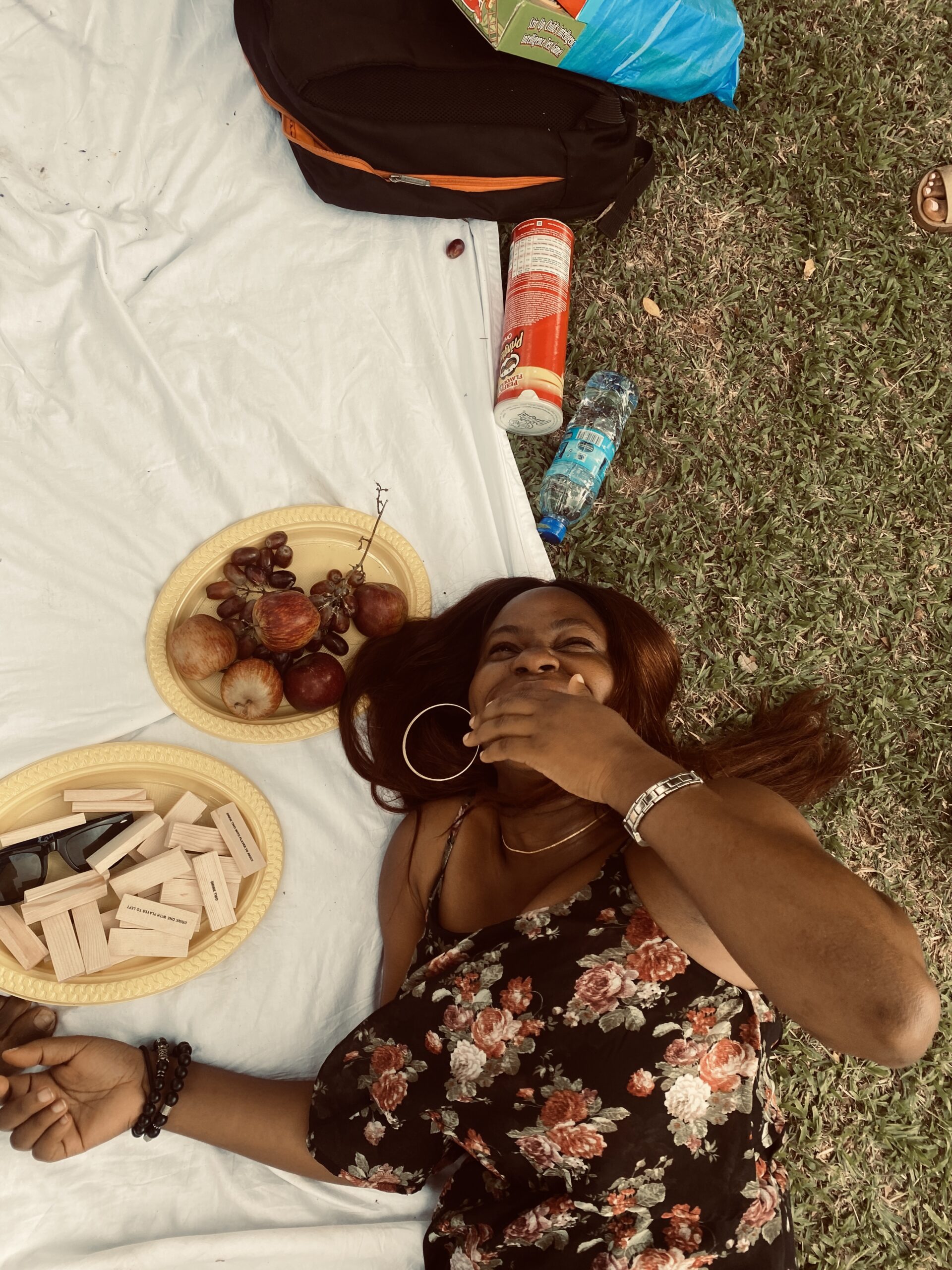Gratitude without comparison.
‘Let us thank God for life, we are in the sanctuary and not in the mortuary.’
‘Some have food but cannot eat, some can eat but have no food, we have food and we can eat, glory be to thee, oh lord.’
‘Thank God your own is not as bad.’
If you grew up in traditional churches or went to regular schools in Nigeria, they are probably familiar sentiments. We have at one point or the other mentioned or heard something along these lines. Whether from our local churches or our parents during devotion, or someone trying to make you see ‘the good’ in a particular situation. Maybe we have even at some point said it to ourselves to make us feel better.
You are not grateful for having food to eat but some are starving. Subsequently, emphasizing the comparison rather than gratitude. Thereby, saying stories or references to people that have it worse, so we can have a sense of gratitude.
I had always wondered why this needed to be the emphasis when stirring people towards gratitude. What if someone in the congregation does not actually have food at the time? Does that mean he shouldn’t be grateful?
As a young girl without understanding, I will just pray along these lines because I couldn’t figure out what else to say. But I had a sense that it was not right. Other times, I find that my expression of gratitude is more intense when I think about a worse situation.
One day, I caught my thought going down the road of comparison in a bid to express my gratitude. This approach to gratitude left me with different questions. Let me share:
Do we express the truest form of gratitude if the expression is fueled by comparison?
If it is the will of God that I give thanks at ‘all times, in my comparison to something presumably worse, does it mean I would not give thanks if faced with those ‘worse circumstances’?

How can I express gratitude without comparison?
It could have been worse. A statement we often make to remind ourselves to be grateful. The thing is there would always be worse circumstances.
I believe this is a fundamental human challenge and it is quite typical psychologically to feel better about ourselves when we measure our status to someone who might not be fairing as well. For instance, we are at peace when we see a friend getting punished for a similar offence.
Except we deceive ourselves, it is not out of the ordinary to express more gratitude on hearing that the same illness resulted in the loss of life of another. Or very much relatable, it is not unusual to be more grateful for your pass after seeing the number of people that had to resit the bar final. These forms of gratitude are not far-fetched or unassuming.
It is usually very difficult finding a balance on a subject like this. Because I used to be mad at people that use comparison as a form of gratitude until the Holy Spirit helped me look inwardly at scenarios where I had done that. We can be the very propagators of what we preach against. It only shows our frailty as humans and does not mean we are cold-hearted.
Read also: Let’s talk about men and marriage
A structure doomed to crumble is expressing gratitude based on the comparison. If every time we choose to express gratitude, it is borne out of comparison, there is a problem.
As with every habit, I am learning gratitude without comparison. We can live in this space of gratitude without comparing ourselves to those who have it worse or imagining how much worse it could be.
One of the reasons to explore gratitude without comparison is to cultivate a life where one is truly present and possessed with joy beyond circumstances.
It takes grace to express gratitude without comparison. We can cultivate the habit of expressing gratitude devoid of comparison. We can train our minds to function in that manner.
Let this scripture guide your thanksgiving.
‘Be thankful in all circumstances, for this is God’s will for you who belong to Christ Jesus.‘ 1Thessalonians 5: 18


